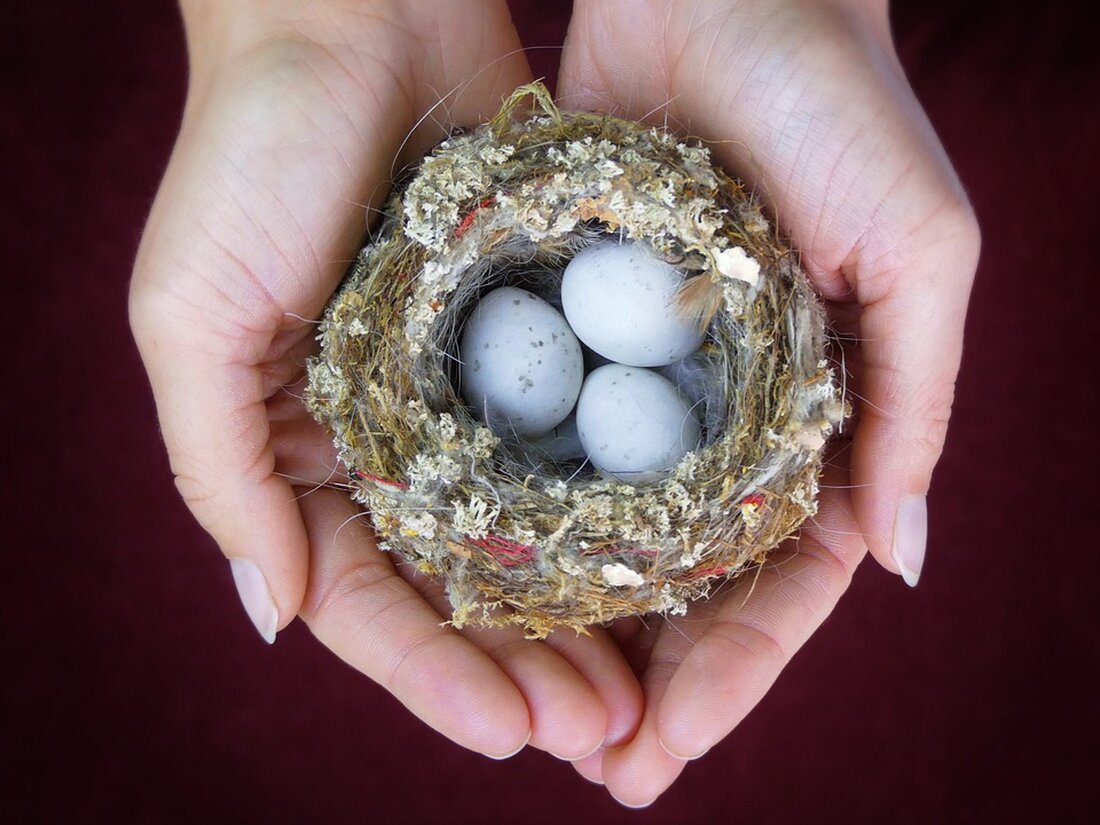KNE report: bring species protection and solar parks in harmony
Discover the KNE new expert opinion on the compensation for species protection law in solar parks. Learn how a direct balance can save space in the solar park and reduce the planning effort. The expert opinion provides valuable knowledge about the opportunities and limits of the compensation law compensation as well as the current research gaps. Read more about the importance of biodiversity in the implementation of solar energy projects.

KNE report: bring species protection and solar parks in harmony
growth of solar energy with regard to species protection
The competence center nature conservation and energy transition (KNE) recently published a specialist report that deals with the possibilities and limits of the compensation law compensation in solar park. This investigation plays an important role in the context of the growing use of renewable energies in Germany, especially with regard to the compatibility of nature conservation and solar projects.
The accompanying project "Solar energy and nature conservation: implement more biodiversity in solar parks" (Sun-Divers) aims to integrate nature conservation interests more in the planning of solar parks and is funded by the Federal Office for Nature Conservation. Dr. Julia Wiehe, head of the Solar team in the KNE, emphasizes in the results of the investigation that if species protection measures are implemented directly in the solar parks, this could reduce space consumption and reduce the administrative load for municipalities.
The analysis of the report shows that the development of high -quality habitats in solar parks is often only possible in certain areas. Effective care is necessary to achieve species -specific compensation goals, but this is not the rule. The expert opinion also emphasizes that systematic studies are missing to better understand the long -term consequences and possibilities of certain species groups in the context of the solar park design.
In the result, it was found that the quality of the biotopes and the demands in need of protection often cannot be met within the surfaces of a solar park without being dependent on external compensation. In practice, this could lead to a constant challenge for planners who are looking for a balance between ecological responsibility and the need for renewable energy generation.
The results of the report have long -term consequences. It becomes clear that the concept of biodiversity and the protection of endangered species should continue to focus more than ever when planning renewable energy projects. Compliance with species protection regulations requires incoming knowledge and can have a significant impact on project planning and implementation.
The KNE therefore calls for longer research and practical studies to promote the technological development of solar parks and at the same time protect biodiversity. This is the only way to achieve a sustainable energy transition that takes into account both ecological standards and the increasing energy requirement of society.
In summary, it can be said that the dialogue between nature conservation and renewable energies must be intensified in Germany. The current discussion about the compensation for species protection law in solar park could give important impulses to promote both environmental protection and the energy transition.
 Suche
Suche
 Mein Konto
Mein Konto
